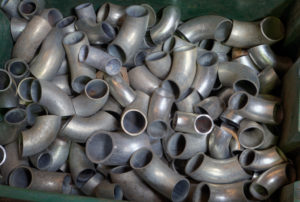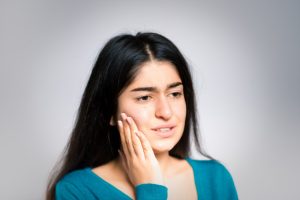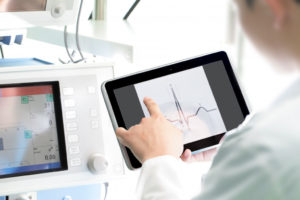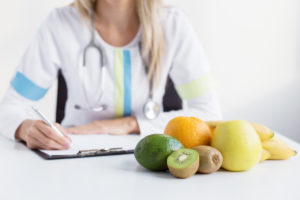- Be mindful when choosing food, research local delicacies, and avoid uncooked/raw food.
- Get health checkups prior to the trip, including blood tests, stool sample tests, dental checkups, and eye exams.
- Pack your medicines and supplements to ensure they are on hand in case of any health issues.
- Keep your hands clean to avoid infection, and don’t touch your face, mouth, or eyes.
- Stay active and get plenty of rest to ensure you get the most out of your trip.
Are you planning to embark on a food trip around the world? Exploring the diverse cuisines of various countries is undoubtedly an exciting adventure for any foodie. However, trying out different foods can also be a challenge, especially when you’re not familiar with their preparation and the ingredients used. How can you stay healthy and avoid getting sick while indulging in local delicacies? Here are some essential health tips you should remember before you go.
1. Be mindful of what you eat.
When it comes to food, it pays to be cautious wherever you are in the world. To avoid stomach upsets, eat only cooked and hot foods. Make sure to avoid eating raw and uncooked foods, especially seafood. Always choose bottled water and sealed drinks, and avoid tap water, ice cubes, and water-based beverages. Be mindful of the hygiene of where you dine, especially street food vendors.
But don’t let caution stop you from trying local delicacies. Just do your research and find out which dishes are safe for you to eat. You can also ask locals for advice on which dishes they recommend. If you’re still unsure, avoiding that dish is best.

2. Get health checkups before you go.
It’s a good idea to get a checkup from your doctor before your trip. This way, you can ensure that you are in good health and well-prepared for any health risks before traveling. You can health provider can recommend you take the following tests:
a. Blood tests
You can get your blood tested for diseases such as malaria and typhoid or any other illnesses you may be vulnerable to. If you plan to visit a high-risk area, you may be advised to get vaccinated against certain diseases.
b. Stool sample tests
Your doctor can also check a stool sample for parasites commonly found in foods such as raw meat and fish. Having a stool test done before traveling can help you detect any parasites in your body and get them treated.
c. Dental checkup
Having a dental checkup before traveling is important as it can help detect any potential gum and teeth problems that certain foods may aggravate. If you have other dental issues like broken or missing teeth, you can get them fixed before your trip. They can recommend various tooth replacement options to help restore your teeth to optimal condition and let you eat whatever you want.
d. Eye exam
Getting an eye exam before traveling is essential, as it can help detect any vision problems. This is especially important if you’re planning to travel to places with extreme climates or intense sunlight, which can irritate your eyes. You may be prescribed sunglasses or contact lenses to protect your eyes from UV rays.
3. Pack your medicines and supplements.
Having your medicines and supplements on hand is always a good idea, especially when traveling to remote or unfamiliar areas. Pack your usual medications, allergy pills, and pain relievers in your luggage. You can also consider bringing supplements like probiotics, which promote good gut health, and vitamin C, which boosts your immunity. These essentials can help you deal with health issues during your food trip.

4. Keep your hands clean.
Keeping your hands clean is one simple but effective way to avoid infection. Wash your hands frequently, especially before meals and after using the restroom. In case soap and water are not at hand, use an alcohol-based hand sanitizer. Avoid touching your face, mouth, and eyes, as these are the entry points for germs and bacteria. Keeping your hands clean is vital to maintaining your health while indulging in different cuisines.
5. Stay active and get enough rest.
Traveling and indulging in food can take a toll on your body, so staying active and getting enough rest is essential. Engage in physical activities like walking, biking, or swimming to burn off your calories and boost your energy. Get at least 7-8 hours of sleep each night to help your body recover and rejuvenate. Staying active and getting enough rest can help you maintain your health and enjoy your food trip.
Embarking on a food trip worldwide can be an unforgettable experience, but it’s crucial to remember these essential health tips. Being mindful of what you eat, getting health checkups, packing your medicines and supplements, keeping your hands clean, and staying active are all important for a safe and enjoyable journey. Following these tips can help you get the most out of your food trip without compromising your health.













